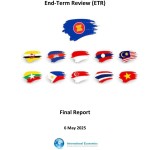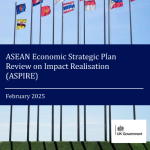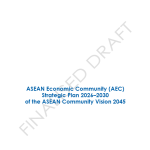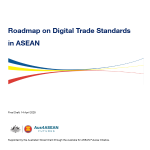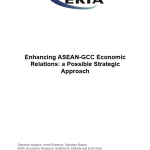Total number of posts 50.
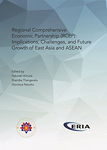 Time: 14 March 2022
Time: 14 March 2022
By: Economic Research Institute for ASEAN and East Asia (ERIA)
The Regional Comprehensive Economic Partnership (RCEP) became the largest free trade agreement in the world when it was signed in 2020. RCEP sets an important agenda by releasing huge resources for trade and investment, and creating dynamic regional and global value-chain activities. It is a critically important framework for global trade and regionalism, especially given the current context of uncertainty and inward-looking policies due to the coronavirus disease (COVID-19) pandemic. It provides an impetus for global trade and investment and supports open regionalism.
RCEP, however, is not yet fully understood by many in terms of its features, commitments, likely impact, and how it differs from the other trade agreements. Moreover, RCEP introduced several new features not previously seen in other agreements, such as ‘differential tariff concessions’, co-sharing, single rules of origin, and transition from positive to negative list in services liberalisation. All of these are likely to create new dynamics in the implementation of the agreement and potentially create impacts different from those of other previously signed agreements.
ERIA’s research this time assesses various elements of the agreement and potential implications for economic integration in the region. It highlights the key features of the agreement and sets out to demonstrate how these could strengthen regional integration. The impact on businesses, behind-the border issues, and lack of domestic capacity of some RCEP members are also assessed. Adding another dimension is some discussion of how implementation of the agreement is entangled with the COVID19 pandemic recovery.
This book is the first of three books ERIA intends to publish. This volume is provided to quickly disseminate some of the key findings of research. ERIA is privileged to be part of this second-track process as there is an urgent need from the stakeholders, including government, and especially businesses and consumers, for guidance on how they can adjust or maximise the welfare impact arising from the implementation of the agreement. Most of the authors of this volume, in addition to in-house economists, are experienced researchers and have been frequent participants in projects organised by ERIA. This book also serves as an important reference for researchers and students of international trade and related subjects.
Source: WTO Centre







